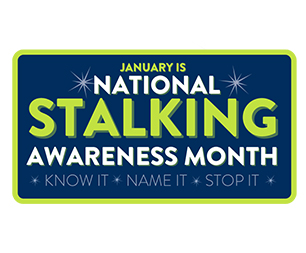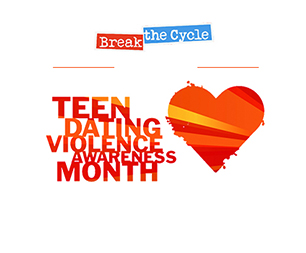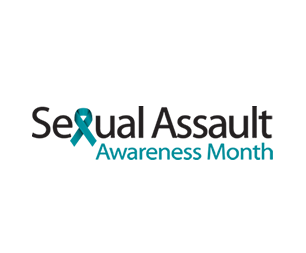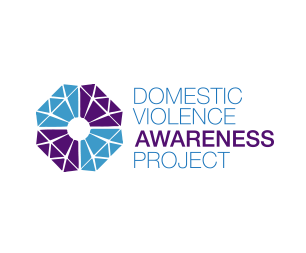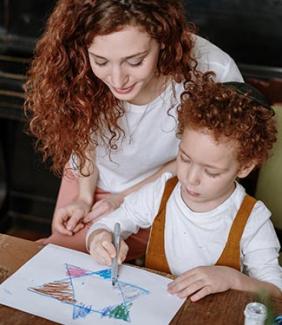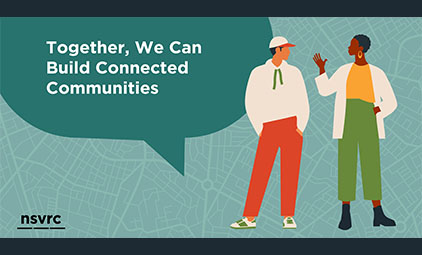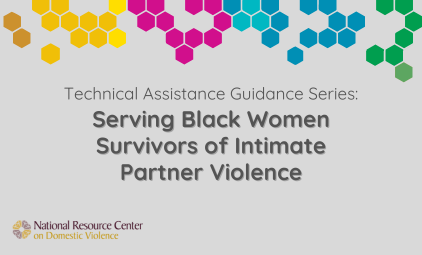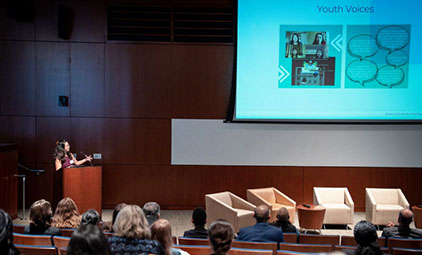by Amanda Manes of the National Resource Center on Domestic Violence
The issue of abusive spouses preventing survivors of Jewish faith from obtaining a religious divorce (get) is just one example of how religion and faith can play a major role in the lives of survivors of domestic violence. To learn more about the intersection of domestic violence and religion, access VAWnet Special Collection Domestic Violence and Religion.
What is a get?
A get is a document needed to terminate a marriage between two Jewish people and certifies the fact that each individual is now free to remarry in accordance with Jewish law. It is important to note that there are a number of sects within Judaism, not all of which require a get in the event of divorce. Typically, the get is required within more observant sects, such as the Orthodox movement.
A get is completely independent of a civil divorce. In fact, a couple may have already obtained a civil divorce in the court system in their state (or in the state where they were married), but if they have not yet obtained a get, they are still considered married under Jewish law and custom. Likewise, a get typically is not recognized by the civil court system as legally binding.
The get itself is a document written under the supervision of a Rabbi and signed by two authorized witnesses. A get must be given under the supervision of a Jewish court, called a Beit Din. A Beit Din is comprised of three qualified Rabbis and, within the Jewish community, is authorized to decide issues dealing with various components of Jewish religious life, including personal matters such as divorce. Most Jewish communities have a local Beit Din (kayama.org).
What are some of the barriers and consequences a Jewish survivor of domestic violence may face obtaining a get?
Domestic violence occurs in Jewish families at about the same rate as in the general population, and the abuse takes place within all sects of Judaism and at all socio-economic levels. Studies show that abuse occurs in every denomination of Judaism in equal percentages (JCADA.org).
Unfortunately, a Jewish survivor of domestic violence who has left or is in the process of leaving an abusive marriage may be subjected to further controlling and abusive behaviors during both the civil divorce and religious divorce processes. In many instances, abusive spouses will refuse to agree to the granting of a get (Womenslaw.org). An abusive husband may refuse to grant his wife a get because he may wish to leverage his power in civil court, so that she may agree to give him custody of or visitation with their children or ask for less spousal support or other economic support in exchange for the get. He may wish to prevent her from meeting another man and getting remarried, which a woman without a get cannot do under Jewish law.
Additionally, some Jewish women may be discouraged from pursuing a get because of cultural norms that exist in some religious Jewish communities. For example, many Orthodox Jewish families live in isolated communities, due in great part to the fact that they conduct their daily lives in accordance with a set of strict rules. It may prove quite difficult for a Jewish woman to make known her situation, as it is likely she and her husband travel within the same small, social circles. Additionally, in many Orthodox communities, it is looked down upon to discuss “private” family issues, and so an Orthodox woman who calls attention to the fact that her husband refuses to grant a get may be ostracized by others. A Jewish woman may avoid seeking help in obtaining the get from service providers or clergy in her community out of fear that her abusive husband may find out she has begun this process.
A woman whose husband is withholding the get is referred to by the religious community as an agunah – a woman who is no longer living with her husband, but has not yet “been released from the bonds of matrimony” (agunahinternational.com). There are a range of implications under both Jewish law and custom that come with being an agunah and that may have negative consequences for a woman’s life.
What services and supports exist to assist a Jewish survivor of domestic violence in obtaining a get?
Ideally, the possibility of being blocked from obtaining a get should be removed altogether. First, before entering into a Jewish marriage, a couple can enter into one or both of two types of prenuptial agreements – a standard agreement drafted by attorneys that serves as a binding contract in the civil legal system, or an agreement included in the Jewish marriage contract, called the ketubah. In simplest terms, these agreements provide that both parties will agree to the giving and accepting of a get, should the need arise (Womenslaw.org).
However, in the event a spouse refuses to agree to a get, there are a number of organizations across the United States that can help women obtain a get through a variety of methods, as well as organizations that can provide emotional and other types of support and advocacy (some of which have been referenced above). For example, these organizations can help Jewish woman navigate the Beit Din (rabbinic court) system, raise awareness of the problem of get refusal, provide financial assistance to women in need, link women to state and local resources, and connect women who have already obtained a get with women who are facing obstacles.
Jewish Women International (JWI) provides a wealth of information on the incidence of domestic violence both nationally and internationally, and can survivors you in touch with community resources.
Agunah International located in Brooklyn, New York offers counseling on navigating the Beit Din (rabbinical court) system and connections to other women who struggled to obtain a get. The organization also has its own Beit Din “which is extremely proactive in granting” gets.
Organization for the Resolution of Agunot (ORA) strives to eliminate the infliction of abuse within the Jewish divorce process, resolves current cases of get-refusal by combining facilitation with advocacy, and prevents future cases by promoting the universal adoption of prenuptial agreements in accordance with Jewish religious law.
Kayama is a non-profit organization based in New York that provides information and assistance for obtaining a get across the United States. The website includes a link to frequently asked questions, located on the left hand side of the main page, including:
- If I agree to a get, do I have to confront my ex-spouse again?
- Where do I have to go for the get?
- How much time and expense is involved in obtaining a get?
The Jewish Coalition Against Domestic Abuse (JCADA)‘s mission is to support victims of domestic abuse to become empowered and obtain safe environments; educate community professionals and others about domestic abuse and appropriate responses to it; and prevent future generations from suffering domestic abuse by raising awareness.
The Jewish Orthodox Feminist Alliance (JOFA) is the leading organization advancing social change around gender issues in the Orthodox Jewish community.
WomensLaw, a project of the National Network to End Domestic Violence, is a resource that provides legal information and support to survivors of domestic violence. On the page entitled Jewish Get Law (Divorce Law), you will find background and terminology explaining the get and related issues, as well as information on what to do when a husband will not grant his wife a get. In addition to some basic suggestions and important legal information regarding the refusal of a husband to give a get, a list of shelters, organizations, and help specifically for Jewish women can be found here.
What experiences have you had in supporting survivors of Jewish faith?










